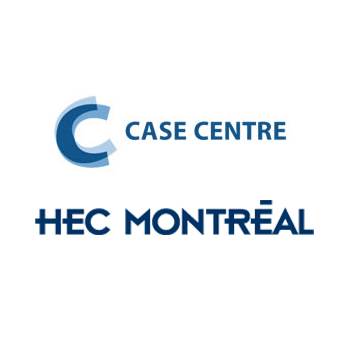Description
BeautifulCoffee and Fair Trade: Working with Local Farmer Co-operatives in Nepal: Abstract
BeautifulCoffee and Fair Trade: Working with Local Farmer Co-operatives in Nepal is a case study by Kim Jinhwan and Luciano Barin Cruz.
Not long after John, BeautifulCoffee’s (BC) newly appointed producer partnership manager, began his evaluation of the business relationship between BC and its coffee producer organization in Nepal, he realized that the relationship fell far short of internationally recognized fair trade standards. Furthermore, production quality was low because of poor management at DCF-Gulmi. BC was investing substantial resources in helping the local community in Nepal, and the term “fair trade” had significant appeal to Korea’s ethical consumer segment. The fact that BC was unable to guarantee that DCF-Gulmi was being managed according to a democratic governance system – a key requirement for fair trade certification – raised legitimacy concerns for BC.
John had to decide whether to prioritize social or business considerations. If he decided to prioritize the business aspect of fair trade, he would need to replace the partner supplier with a fair-trade certified, democratically run organization with the management capability to provide high-quality coffee beans. If this path was chosen, BC would still make a positive contribution to the well-being of coffee farmers – somewhere else – but would not help DCF-Gulmi improve its current situation, leaving it worse off than it was before it partnered with BC. Alternatively, BC could maintain its relationship with DCF-Gulmi, deepening its commitment to helping the farmers’ organization improve its quality management capability and comply with fair trade standards. But this would require a larger financial and human resource commitment to pay for the recruitment and training of personnel with the necessary expertise in organizational change, co-operative management, and capacity building. Students will discuss the moral and strategic issues surrounding these two choices.
Teaching objectives
This case aims to introduce students to the unique managerial challenges facing the fair trade industry. Using the example of the partnership between BC (South Korea) and DCF-Gulmi (Nepal), the instructor will discuss the struggles and opportunities of relationships between organizations in developed and developing countries.
The case has three main learning objectives:
- Valuate the advantages and limitations of the fair trade business approach to development and poverty alleviation
- Understand and analyze the conflicts between the economic and social objectives of fair trade projects
- Create a strategic plan to reconcile social and economic objectives in both local and global contexts
Main themes covered
- Fair trade
- Co-operatives
- Developing countries
Concepts and theories related to the case
- Fair trade
- Co-operatives
- Developing countries
Additional information
Teaching notes are available for teachers only. Please contact the HEC Montreal Case Centre.







Reviews
There are no reviews yet.